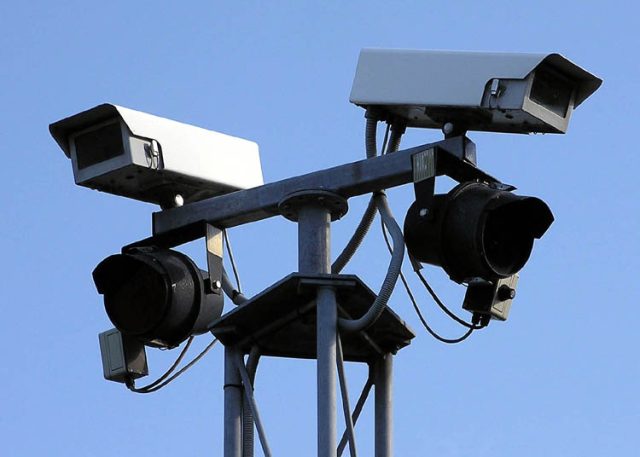
The Metropolitan Police Service may soon have real-time access to photos of the occupants of all cars entering central London, and be able to store them for two years.
This emerged from a reply by the Mayor of London, Boris Johnson, to London Assembly member Baroness Jenny Jones. According to the MayorWatch site, Johnson said: “I carried out an extensive and wide-ranging public consultation with Londoners around my manifesto pledge to direct [Transport for London] to share access to ANPR [Automatic Number Plate Recognition] cameras with the [Metropolitan Police Service] for crime fighting. That consultation suggested that this may eventually include images. Images are not currently transferred due to technical limitations but improving technology means this may be overcome in the future."
But unfortunately, nowhere in any of the consultations conducted was there any mention of providing the Met with real-time access to photos of cars and their occupants in addition to vehicle registration numbers. For example, a telephone poll conducted in June 2013 asked: "Do you think the police should or should not be given access to data collected by these cameras?" The same question was included in online polls in September 2013 and February 2014. Moreover, none of these made it clear that the Met already had access to ANPR information by means of targeted requests, or that Johnson proposed giving real-time continuous access to that data, a vastly more intrusive power.
Johnson's reply to Jones underlines that he sets great store by his "extensive and wide-ranging consultation with Londoners." That's in part because the original proposal to carry out the consultation recognised that allowing the Met to directly access the congestion charge cameras operated by Transport for London had major privacy implications: "It is acknowledged that the camera sharing proposal may well be controversial. The consultation exercise will inform the decision-making process. In his crime manifesto, the Mayor stated that there would be a public awareness exercise to ensure that the processing of personal data would be fair and lawful, and that there would be strong protection against misuse."
And yet the consultation barely touched on the privacy aspect. Only one question considered the issue of ANPR data being kept securely and used properly: 49 percent of those polled agreed that "the Met Police can be trusted to keep road camera data secure and use it properly," which means that the majority don't agree or aren't sure. Nothing in the consultation probed public concerns about increasing the level of bulk surveillance in London. Instead, the questions directed people to consider issues of safety and efficiency.
For example, the respondents were asked whether "sharing TfL ANPR camera data with the Police makes London safer," if "the Mayor should ensure that public sector organisations such as TfL and the Met Police work together and share information to improve efficiency and save money," and whether "the Met Police should use modern technology to help them fight crime." With leading questions like those, and little opportunity to express other issues, it's no wonder that the Mayor could trumpet that "eight out of 10 respondents were supportive" of his controversial plans.
The other reason that Johnson placed so much emphasis on the "positive public consultation" seems to be so that the authorities can say that this is "policing by consent," not simply more unwanted moves by Big Brother Boris and his mates at the Met, whose motto is "Total Policing." But the consultation's methodology hardly allows that claim to be made.
According to the official report: "In total we received 2,315 responses to our online consultation survey, while we undertook representative surveying with over 6,000 Londoners, 1,000 through a telephone survey and two samples of 1,000 and then a further 4,000 through online surveys." That is, an extremely important policy shift affecting millions of people living and working in London is being justified on the basis of fewer than 10,000 responses to a small number of biased questions—the telephone survey consisted of just one. That's hardly the mandate for change that the Mayor of London would have us believe he was given.
Baroness Jones pointed out that the ability for the Metropolitan Police to gather real-time images of people entering London in their vehicles from over 2300 ANPR cameras represents a massive step-change in surveillance capabilities, not least because facial recognition technology is advancing rapidly. MayorWatch quotes her as saying: “I can see why the police might need access to specific film of an incident, such as a car crash, which is subject to a criminal investigation. However, this is Transport for London handing over their complete camera network, which has big implications for privacy and we should pause before we rush into it.”
Listing image by Adrian Pingstone
reader comments
15